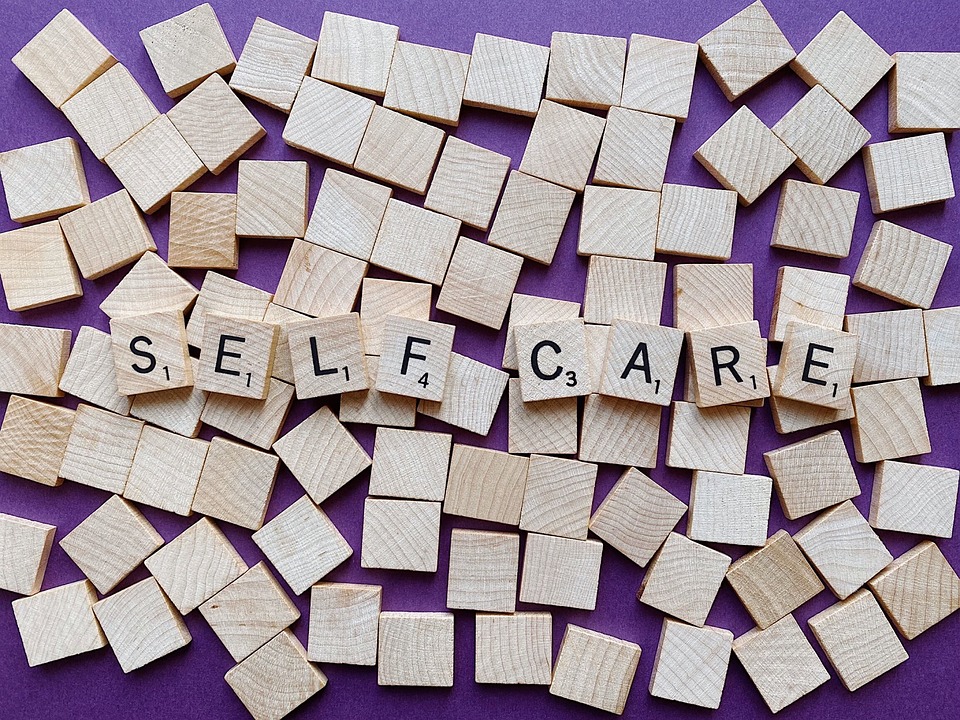Crafting a Compelling Cover Letter for a Mental Health Support Worker Role
When it comes to applying for a position as a mental health support worker, your cover letter can serve as your first handshake with potential employers. It’s your opportunity to showcase not just your qualifications, but also your passion for the field and your empathy for those you aim to support.
Understand the Role
Before you put pen to paper—or fingers to keyboard—it’s essential to understand what the role entails. Mental health support workers play a critical part in helping individuals manage their mental health challenges. They provide emotional support, assist with daily living activities, and help clients navigate the complexities of healthcare systems. Familiarise yourself with the specific requirements of the job you’re applying for. This knowledge will allow you to tailor your cover letter effectively.
-
Highlight Relevant Experience
Begin your letter by addressing your relevant experience. Have you worked in a similar role before? Perhaps you’ve volunteered at a mental health charity or supported individuals with disabilities. Use specific examples to demonstrate your hands-on experience. For instance, “During my time at XYZ Charity, I successfully assisted clients in developing coping strategies, which resulted in a noticeable improvement in their overall well-being.” -
Showcase Your Skills
In addition to experience, it’s vital to emphasise the skills that make you an ideal candidate. Communication, empathy, and problem-solving abilities are paramount in this field. You might say, “I pride myself on my ability to actively listen and create a safe space for clients to express themselves. My training in crisis intervention has equipped me with the skills to handle challenging situations calmly and effectively.”
Connect on a Personal Level
Employers in the mental health sector often look for candidates who possess not just the right qualifications, but also a genuine passion for helping others. This is your chance to shine a spotlight on your personal motivations. Share a brief story or anecdote that illustrates why you are drawn to this line of work. For instance, “Having witnessed a close friend struggle with mental health issues, I developed a profound understanding of the importance of support and compassion in recovery.”
- Align with the Organisation’s Values
Research the organisation you are applying to. What are their core values? How do they approach mental health care? Reflect this understanding in your letter. For example, if the organisation emphasises community involvement, you could mention your commitment to volunteer work and how it aligns with their mission.
Keep it Professional Yet Warm
Your cover letter should maintain a professional tone, yet allow your personality to shine through. Avoid jargon or overly formal language; instead, opt for a conversational style that reflects who you are. A simple, heartfelt expression of your enthusiasm can go a long way: “I am genuinely excited about the opportunity to contribute to your team and make a positive impact on the lives of those in need.”
- Conclude with Confidence
As you approach the end of your cover letter, summarise your eagerness to bring your skills and experiences to the role. A confident closing statement can make a memorable impression. For instance, “I look forward to the possibility of discussing how my background, skills, and passion align with the goals of your team.”
In a competitive job market, an impactful cover letter can set you apart as a standout candidate. By blending your professional qualifications with your personal journey, you create a narrative that resonates. Remember, at CVPortal, we are committed to providing you with high-quality CV examples and resources to enhance your job applications. Your next opportunity could be just a well-crafted cover letter away!


